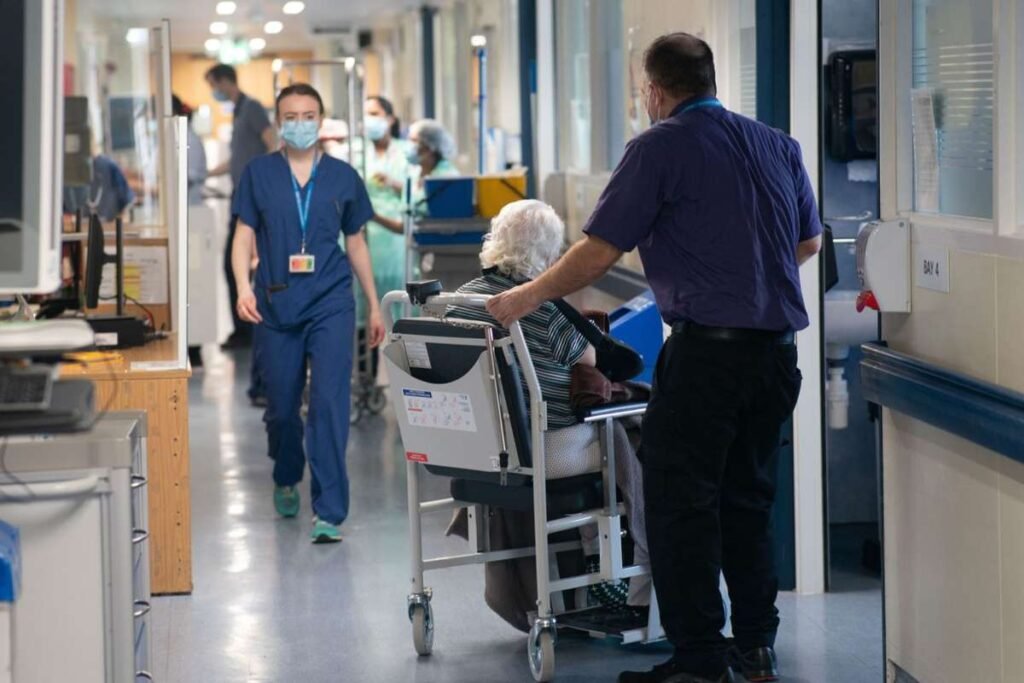Experts have warned that “medieval” levels of health inequality are severely straining Britain’s NHS, with the cost of treating illness linked to deprivation and poverty now estimated at £50 billion annually. This figure rivals the UK’s defence budget and reflects the hidden toll of rising child poverty and widespread hardship. Disturbing cases, including patients arriving at emergency departments with advanced, untreated cancers and an increase in self-harm for overnight shelter, highlight the extent of health neglect in the country’s most disadvantaged areas.
Hospitals are also witnessing a rise in diseases reminiscent of the Victorian era, such as scabies, rickets, and scarlet fever. The findings are part of a detailed Guardian investigation into the growing impact of poverty on the UK’s overburdened health system. Senior NHS officials are calling the situation “chilling” and unsustainable, with growing fears that the system is being used as a last resort by those who have nowhere else to turn.
Government Pushes for NHS Prevention Over Cure Medieval
In response to the Health Inequality mounting crisis, Chancellor Rachel Reeves announced a significant real-terms NHS funding boost of £29 billion, bringing total NHS spending to £226 billion by 2029. Health Secretary Wes Streeting plans to redirect substantial funds to the poorest communities and overhaul the GP funding formula. He is expected to unveil a radical 10-year NHS transformation strategy this Thursday, focused on prevention rather than treatment.
However, experts and NHS leaders are skeptical. Cuts to independent care boards set to lose as many as 12,500 jobs, and stalled reforms in social care and poverty reduction threaten to undermine the government’s ambitions. Saffron Cordery, deputy chief executive of NHS Providers, emphasized that meaningful progress requires a coordinated, cross-government effort. “Prevention is better than cure,” she said, “but years of underinvestment have left a mountain to climb.”
Poverty: The Root of Britain’s Health Crisis
The correlation between poverty and poor health outcomes is stark. Research by the Joseph Rowntree Foundation suggests Health Inequality that nearly £50 billion in NHS spending is now linked to deprivation, roughly £1 of every £10 spent on public services. Studies show emergency admissions are 68% higher among the poorest, and A&E visits are nearly double that of wealthier groups. Air pollution, disproportionately affecting deprived areas, contributes to 30,000 deaths annually and costs the NHS around £500 million a week.
Experts say systemic change is the only solution. Dr Andy Knox from the Lancashire and South Cumbria Integrated Care Board stressed that only a total overhaul of the public health system can address growing inequality. Meanwhile, the Health Foundation warned that without urgent action, health inequalities will persist for decades. A government spokesperson responded by highlighting recent policy changes, including reforms in crisis support and expansion of free school breakfast programs. Still, critics argue these measures fall short of addressing the root causes of Britain’s deepening health divide.









